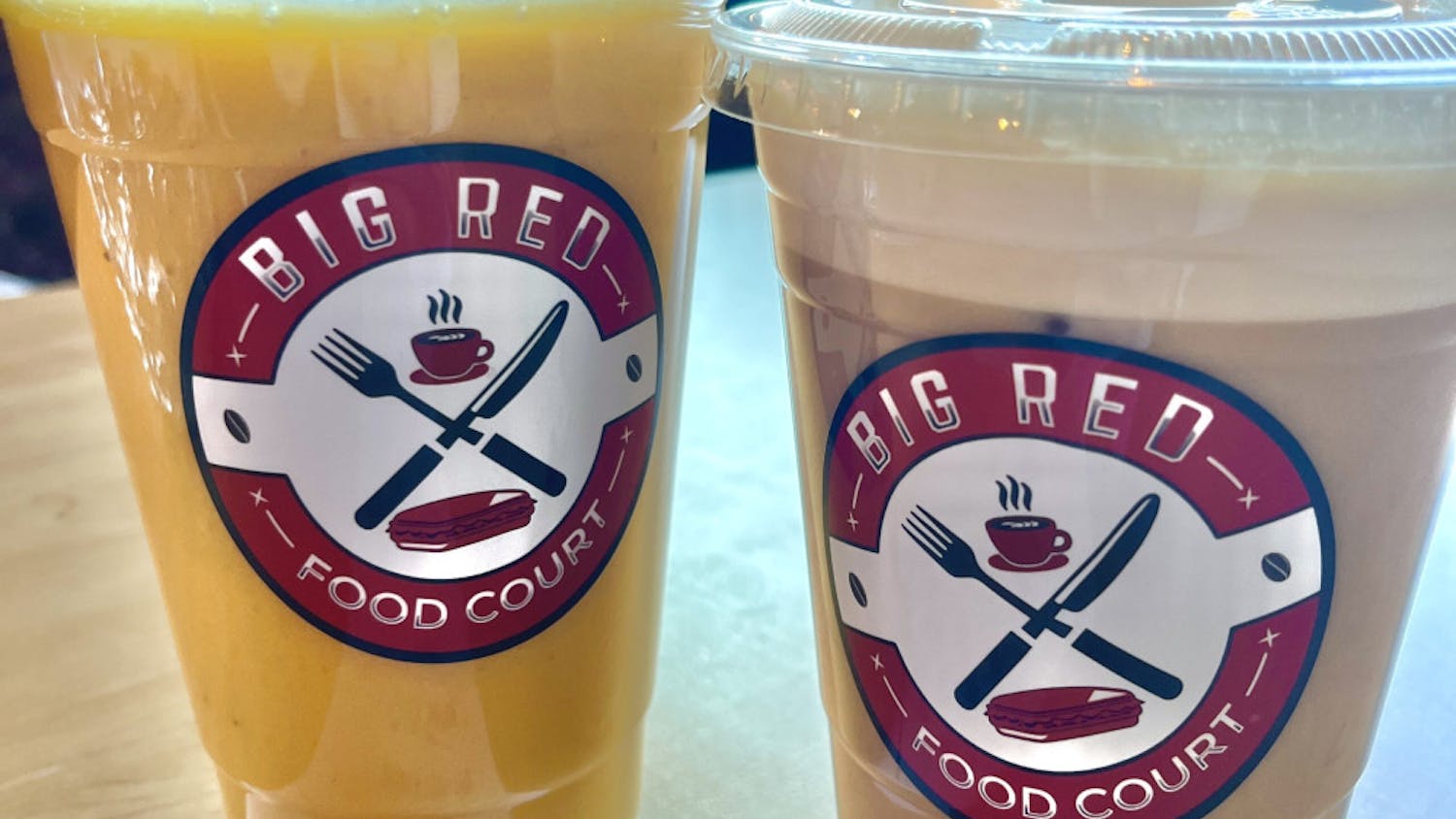I am first generation Chinese-Vietnamese. Both of my parents immigrated to the United States as a result of the Vietnam War. My closest connection to my Vietnamese culture, like many children of immigrants, is food. Food is part of my identity. Food is personal.
Unfortunately, many Asian Americans remember childhood experiences of feeling ashamed after being told that their food was gross or that it smelled weird. As a result, seeing non-Asian chefs successfully sell misrepresentations of the food that we were made fun of for is disrespectful and offensive. When making another culture’s food inauthentically, we fail to respect the culture it originated from, reinforce stereotypes and thus, contribute to oppression known as food cultural appropriation.
I distinctly remember when I started at a new school for first grade; my dad had bought me my favorite lunch — bánh mì from Bánh Mì Chè Cali in Little Saigon, Orange County (please support them if you are ever in the Westminster area of Southern California, they are the best). Bánh mì is a Vietnamese baguette sandwich packed with a variety of meats and pickled vegetables, French pâté and various other condiments. My excitement to eat my lunch quickly turned into shame; I received disgusted glances and was told that my sandwich didn’t smell good like normal sandwiches. That day, I told my dad that I didn’t want him to pack me food anymore. Rather, I wanted to buy food from school to be like the other kids. Looking back, I feel more shame about this than during that one lunch.
Now, I am seeing restaurants not owned by Vietnamese Americans selling “bánh mì” and modifying it to have American cold cuts or pork belly rather than the traditional meats from Vietnamese cuisine and the French pâté. When restaurateurs take cultural foods and modify them, they disrespect the culture and those that were ostracized for it.
Chinese food has especially been a victim of cultural food appropriation. Many Chinese American restaurants have changed their menus to appeal to the fried food that mainstream American palates are used to. For example, orange chicken was a dish that was invented by Andy Kao in the United States.
In 2019 a non-Asian couple opened up Lucky Lee’s and marketed the restaurant as “clean” and less “icky” Chinese food. This fed into the racist stereotypes that Chinese food is unhealthy, cheap and dirty. Furthermore, it dismisses the oppression felt by Chinese Americans that made them adapt their food to Western tastes and the discrimination experienced by Chinese Americans because of the food they eat.
It is important to understand why there are so many Chinese American restaurants in the United States, and why these restaurants serve affordable food. In 1882, Congress passed the Chinese Exclusion Act which suspended Chinese immigration into the United States and made it difficult for legal residents to re-enter the country. However, there were exceptions to this legislation. Some Chinese business owners were allowed to get special merchant visas to travel to China and bring back employees. Restaurants were a part of this exception, and as a result, there was a Chinese restaurant boom. Many of these restaurants had to operate in dense city centers and on tight budgets which contributed to the stereotype that Chinese food is cheap and dirty.
The United States has only been exposed to a certain type of Chinese food. Chinese food is one of the most sophisticated cuisines on Earth and has been around longer than many other cuisines in the world. Additionally, Chinese food is not a monolith. There are many regions within China, and each religion has its own cuisine. Chinese cuisine is diverse, flavorful, sophisticated and certainly cannot be reduced to being unhealthy, cheap or dirty.
None of this is saying that one can only eat and cook the food of their own culture. When it comes to food cultural appropriation, it is not about who can or cannot do something, but rather the manner in which it is done. You can enjoy and cook another culture’s food that is not your own. However, when doing so, respect and learn where it came from. This is cultural appreciation rather than cultural appropriation.
If you are going to profit off of food from another culture — especially one that has been historically exploited or oppressed — it is your responsibility to do it in a way that honors the cultural origins of the food.
The world must acknowledge the escalated hate and violence the AAPI community is facing. Issues such as food cultural appropriation contribute to this hate and violence towards the AAPI community. Please respect us as much as you enjoy and profit off of our food. Below is a list of resources and organizations that support the AAPI. There are also a number of Asian-owned restaurants in the Ithaca community. Please support them.
AAPI Resources and Organizations:
Asian Americans Advancing Justice - Atlanta
Asian Mental Health Collective
Meridien Mach is a junior in the School of Hotel Administration. She can be reached at mlm445@cornell.edu.











